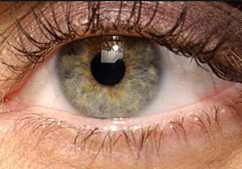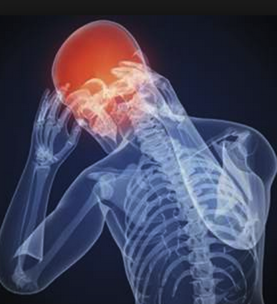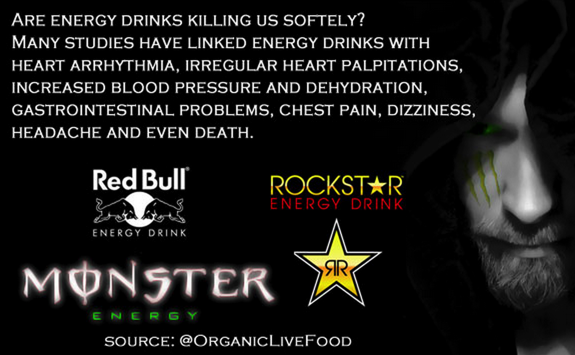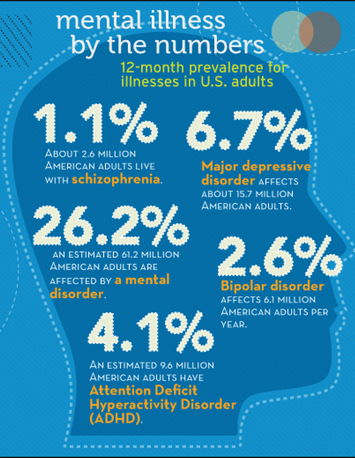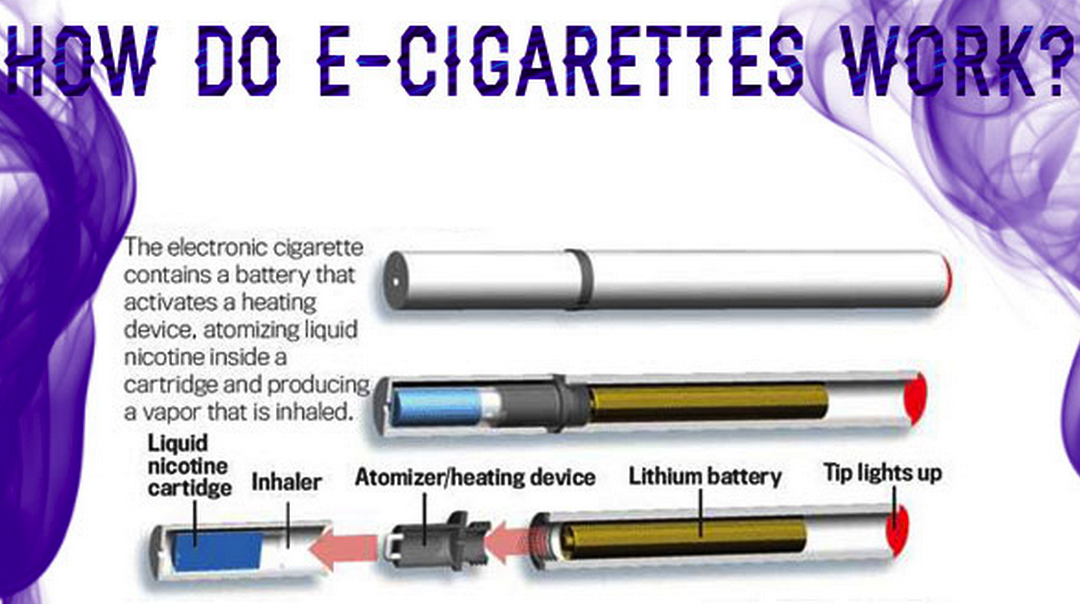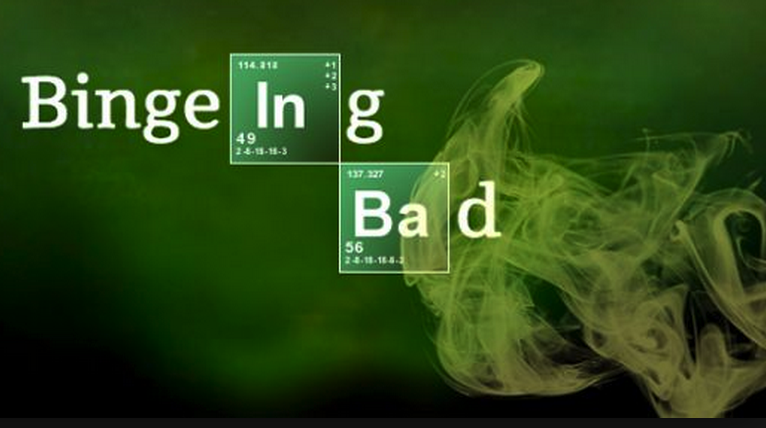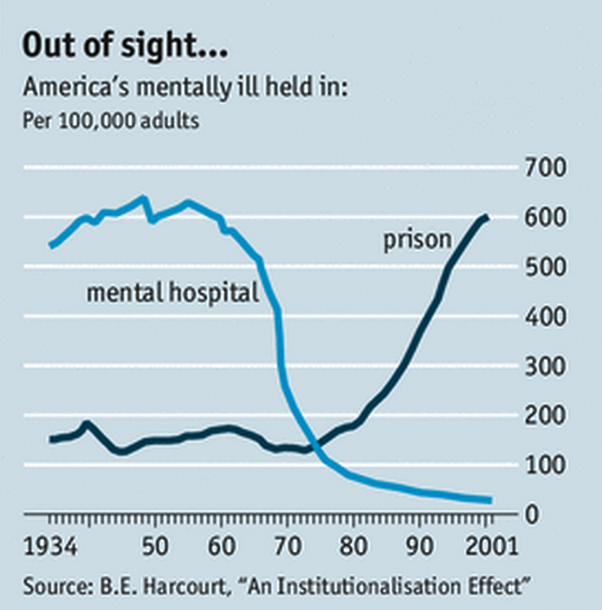Mental Health Help | Diagnosing for clinical depression can be diff...
Mental Health Help | Diagnosing a patient with clinical depression can be difficult, research is expanding to help patients and prescribers.
Depression is a complex illness that can be caused by one or a mix of many things, from environmental stressors to genetics. The search for better understanding to properly diagnosis patients is an ongoing process, here is another way that studies / research are paving the way:
Inflammation and Depression | Acute inflammation is a protective mechanism, but chronic inflammation causes simultaneous destruction and reparation of tissue that harms the body in the long term. Usually, inflammation is triggered by physical injury or infection. This could represent a relationship between the two.
But a new study out of the Centre for Addiction and Mental Health (CAMH) has highlighted a link between clinical depression and brain inflammation that might be crucial in better understanding stress and depression's physical impacts on the body, as well as in developing better treatments for these mental health issues.
In the study, published in JAMA Psychiatry, the researchers found that people with clinical depression had a 30% increase in brain inflammation, also referred to as neuroinflammation - from the study:
It's uncertain whether the inflammation caused the depression or vice versa, or if it's simply a correlation. But the study makes it clear that the link should be further examined. Research has found a link between clinical depression and brain inflammation, that is a positive sign for opening up new treatments (according to studies in JAMA Psychiatry).


